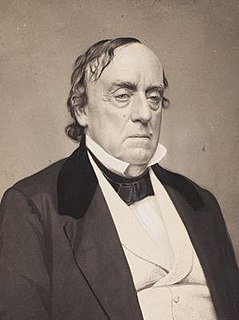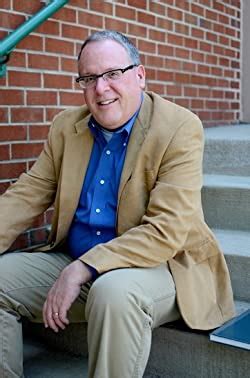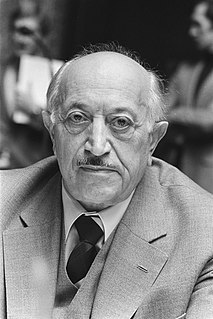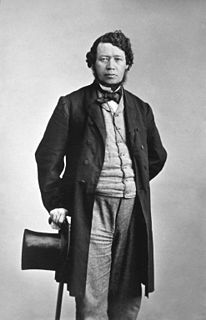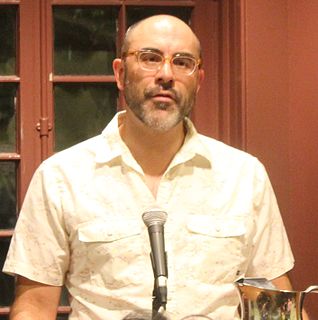A Quote by Lewis Cass
People may doubt what you say, but they will believe what you do.
Related Quotes
Doubt is most often the source of our powerlessness. To doubt is to be faithless, to be without hope or belief. When we doubt, our self-talk sounds like this: 'I don't think I can. I don't think I will.'... To doubt is to have faith in the worst possible outcome. It is to believe in the perverseness of the universe, that even if I do well, something I don't know about will get in the way, sabotage me, or get me in the end.
It is truly excellent to have someone believe in you and your ability to write. But I think it is just as helpful to have people who don't believe in you, people who mock you, people who doubt you, people who enrage you. Fortunately, there is never a shortage of this type of person in the world ... write for yourself. Write for the story. And write, also, for all of the people who doubt you. Write for all those people who are not brave enough to do this grand and wondrous thing themselves. Let them motivate you.
You're a religious man, ... You believe in God and life after death. I also believe. When we come to the other world and meet the millions of Jews who died in the camps and they ask us, 'What have you done?' there will be many answers. You will say, 'I became a jeweler.' Another will say, 'I smuggled coffee and American cigarettes.' Another will say, 'I built houses.' But I will say, 'I didn't forget you.'
No doubt, there are those who believe that judges - and particularly dissenting judges - write to hear themselves say, as it were, 'I, I, I.' And no doubt, there are also those who believe that judges are, like Joan Didion, primarily engaged in the writing of fiction. I cannot agree with either of those propositions.
Others may doubt us. They may criticize us. They may try to deny us what is rightfully ours. But they will fail. And I promise you, as long as I am mayor, I will never back away from fighting any opponent - or confronting any obstacle - that would prevent our people from achieving all of their dreams in Our New York.
If we say I love you, it may be received with doubt, for there are times when it is hard to believe. Say I hate you, and the one spoken to believes it instantly, once for all. ... Love must be learned, and learned again and again; there is no end to it. Hate needs no instruction, but waits only to be provoked.
What I believe is not what I say I believe; what I believe is what I do. I used to say that I believed it was important to tell people about Jesus, but I never did. A friend kindly explained that if I do not introduce people to Jesus, then I don't believe Jesus is an important person. It doesn't matter what I say. We live for what we believe.
Everything we did was done in form and with propriety, and the result of our proceedings is the document [the Quebec Resolutions] that has been submitted to the imperial government as well as to this house and which we speak of here as a treaty. And that there may be no doubt about our position in regard to that document we say, question it you may, reject it you may, or accept it you may, but alter it you may not.
There are many different kinds of doubt. When we doubt the future, we call it worry. When doubt other people we call is suspicion. When we doubt ourselves we call it inferiority. When we doubt God we call it unbelief. When we doubt what we hear on television we call it intelligence! When we doubt everything we call it cynicism or skepticism.
